UK inflation eased to 2.5% in December 2024, lower than expected, with core price growth also continuing to slow.
UK inflation fell to 2.5% in December 2024, lower than expected, with core price growth also continuing to slow, according to figures released by the Office for National Statistics.
The consumer price index (CPI) rose 2.6 percent in November, while economists polled by Reuters had expected the December figure to be unchanged.
Core inflation, which excludes volatile food and energy prices, eased from 3.5% in November to 3.2% in December 2024.
UK inflation hit a more than three-year low of 1.7% in September 2024, but monthly prices have picked up as higher fuel costs and services costs rose faster than goods prices. In December 2024, the annual rate of services inflation hit 4.4%, down from 5% in November.
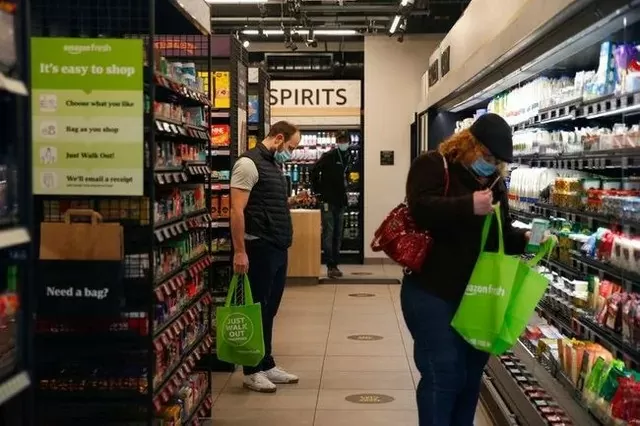 |
| UK inflation to fall to 2.5% in December 2024 - Illustration photo |
The pound fell 0.3% against the US dollar at 7:15 a.m. London time, shortly after the data was released.
The data will be a key factor for the Bank of England to consider ahead of its next meeting on February 6, when the central bank is expected to cut its base rate to 4.5% from 4.75%, despite inflationary pressures such as wage growth and uncertainty about the UK economic outlook. The central bank's inflation target is 2%.
Economic challenges
The UK economy has been in a difficult position recently, with economists expressing concerns about the outlook for sluggish growth and headwinds from external factors, such as potential trade tariffs when US President-elect Donald Trump takes office, as well as internal economic and fiscal challenges that have affected the Labour government and Treasury since the October budget.
Responding to the latest figures, UK Finance Minister Rachel Reeves recently said: “ There is still much work to do to support the living costs of families across the country ”, and economic growth is the UK's priority.
Financial challenges
Tax hikes announced by the government last autumn, due to come into effect in April, have caused anxiety among British businesses, who warn that investment, hiring and growth will stall.
Britain has also seen borrowing costs rise and the value of the pound fall amid concerns about the economic outlook and the nation's fiscal plans, posing a challenge to Chancellor Rachel Reeves' ambition to balance the budget.
Rachel Reeves has pledged to stick to self-imposed fiscal rules to ensure all day-to-day spending is funded from revenue and government debt is on the decline, but she could be faced with tweaking or breaking those restrictions.
Her options are to do nothing and hope that unfavourable borrowing conditions ease, raise taxes further – a move likely to provoke further criticism from business and the public – or cut public spending, a move that has been proposed by the government but which conflicts with Labour’s anti-austerity stance.
Last week, Rachel Reeves asserted that the fiscal rules in the budget were “ non-negotiable ”, stressing that “ economic stability is the foundation for economic growth and prosperity ”.
British Chancellor of the Exchequer Rachel Reeves is facing “ an unpalatable set of choices ,” said Ben Zaranko, deputy director of the Institute for Fiscal Studies.
“ This unfortunate situation is largely the result of a difficult financial legacy and global economic factors ,” he commented.
“ But it also reflects a series of government choices and irreconcilable promises: Stick to a rigid fiscal rule while leaving very little room; prioritize public services and avoid another round of austerity; don’t raise big taxes and don’t raise them further after the autumn budget; and hold just one fiscal event a year. If higher interest rates take away that so-called room, something will have to change, ” said Ben Zaranko.
| UK inflation hit a more than three-year low of 1.7% in September 2024, but monthly prices rose again as higher fuel costs and service charges rose faster than goods prices. In December 2024, the annual rate of services inflation hit 4.4%, down from 5% in November. |
Source: https://congthuong.vn/lam-phat-anh-giam-xuong-25-369716.html



![[Photo] Opening of the 11th Conference of the 13th Party Central Committee](https://vstatic.vietnam.vn/vietnam/resource/IMAGE/2025/4/10/f9e717b67de343d7b687cb419c0829a2)


![[Photo] Unique folk games at Chuong Village Festival](https://vstatic.vietnam.vn/vietnam/resource/IMAGE/2025/4/10/cff805a06fdd443b9474c017f98075a4)
![[Photo] April Festival in Can Tho City](https://vstatic.vietnam.vn/vietnam/resource/IMAGE/2025/4/10/bf5ae82870e648fabfbcc93a25b481ea)








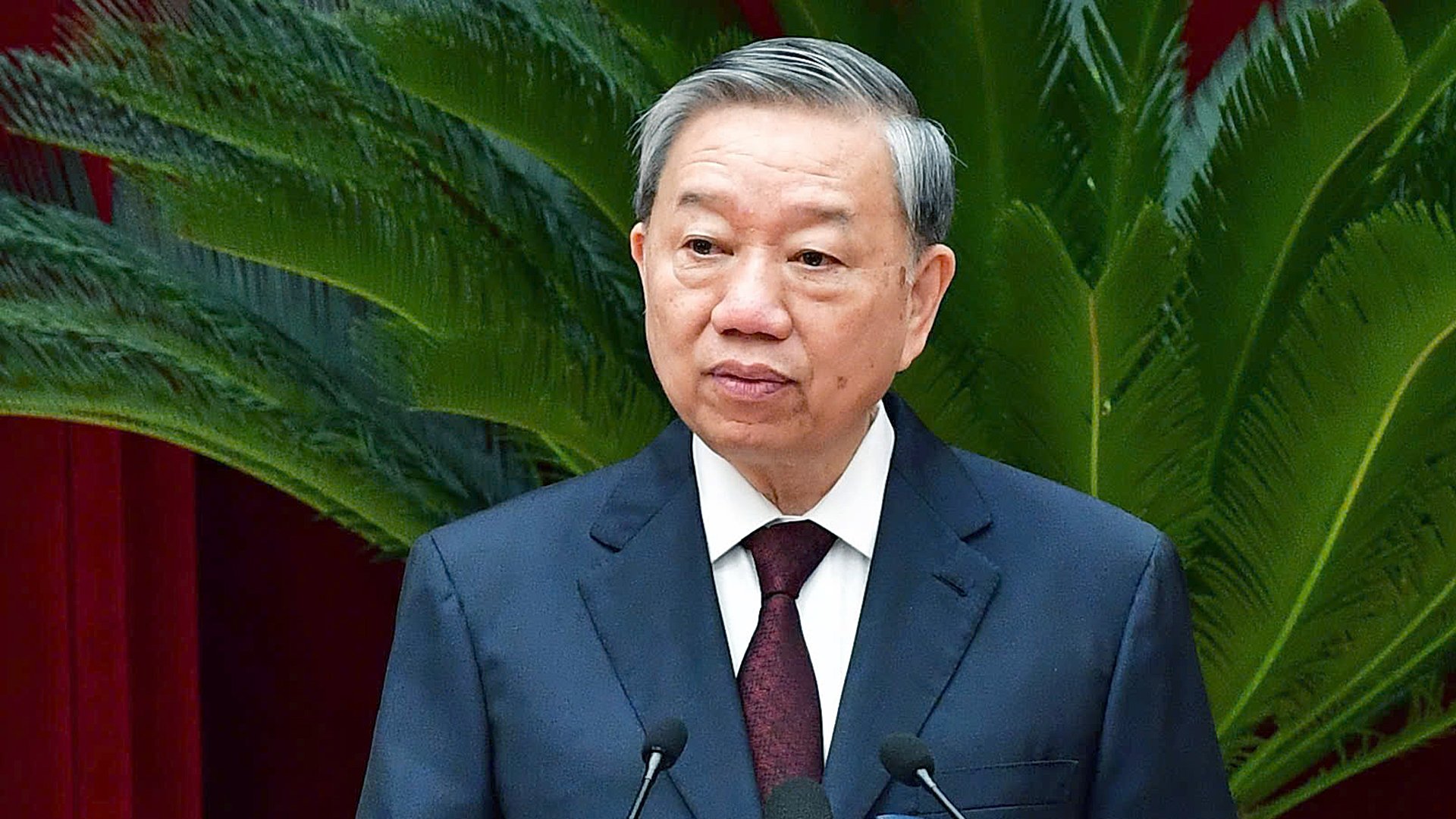










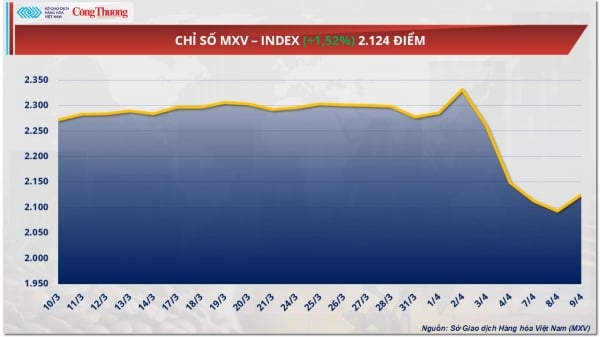
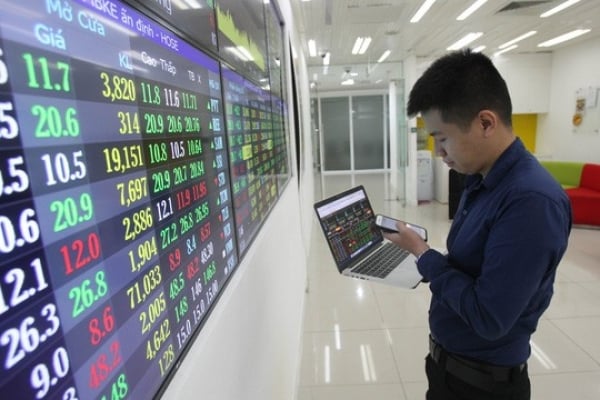
![[Photo] Prime Minister Pham Minh Chinh commends forces supporting Myanmar in overcoming earthquake consequences](https://vstatic.vietnam.vn/vietnam/resource/IMAGE/2025/4/10/e844656d18bd433f913182fbc2f35ec2)



































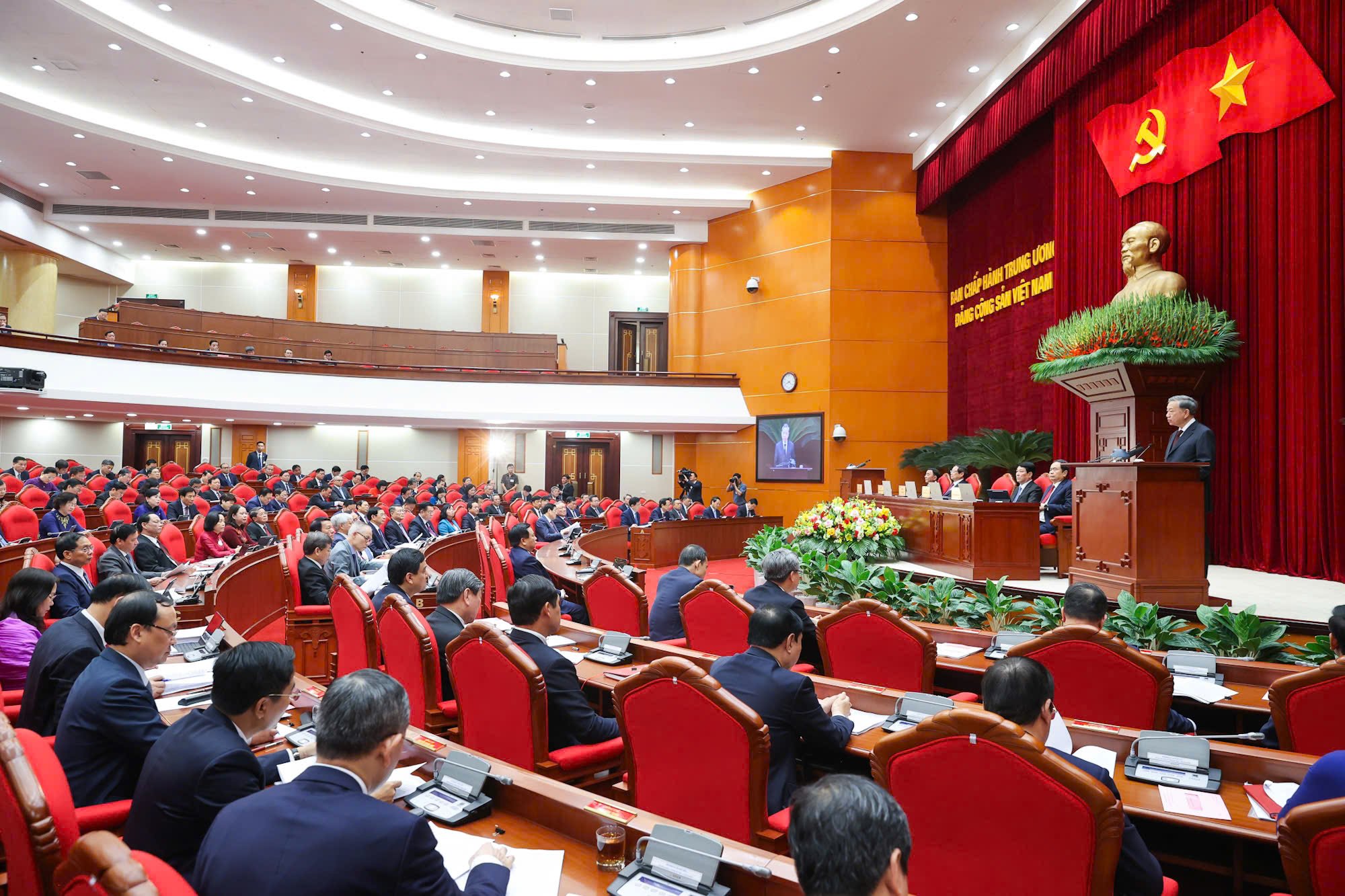














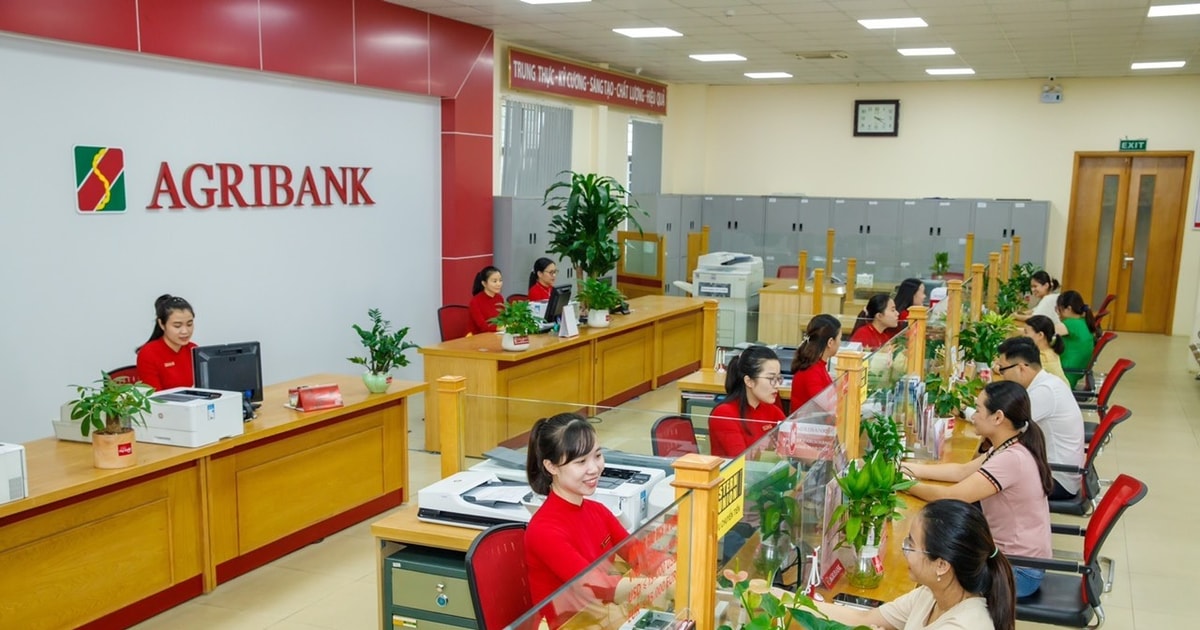









Comment (0)